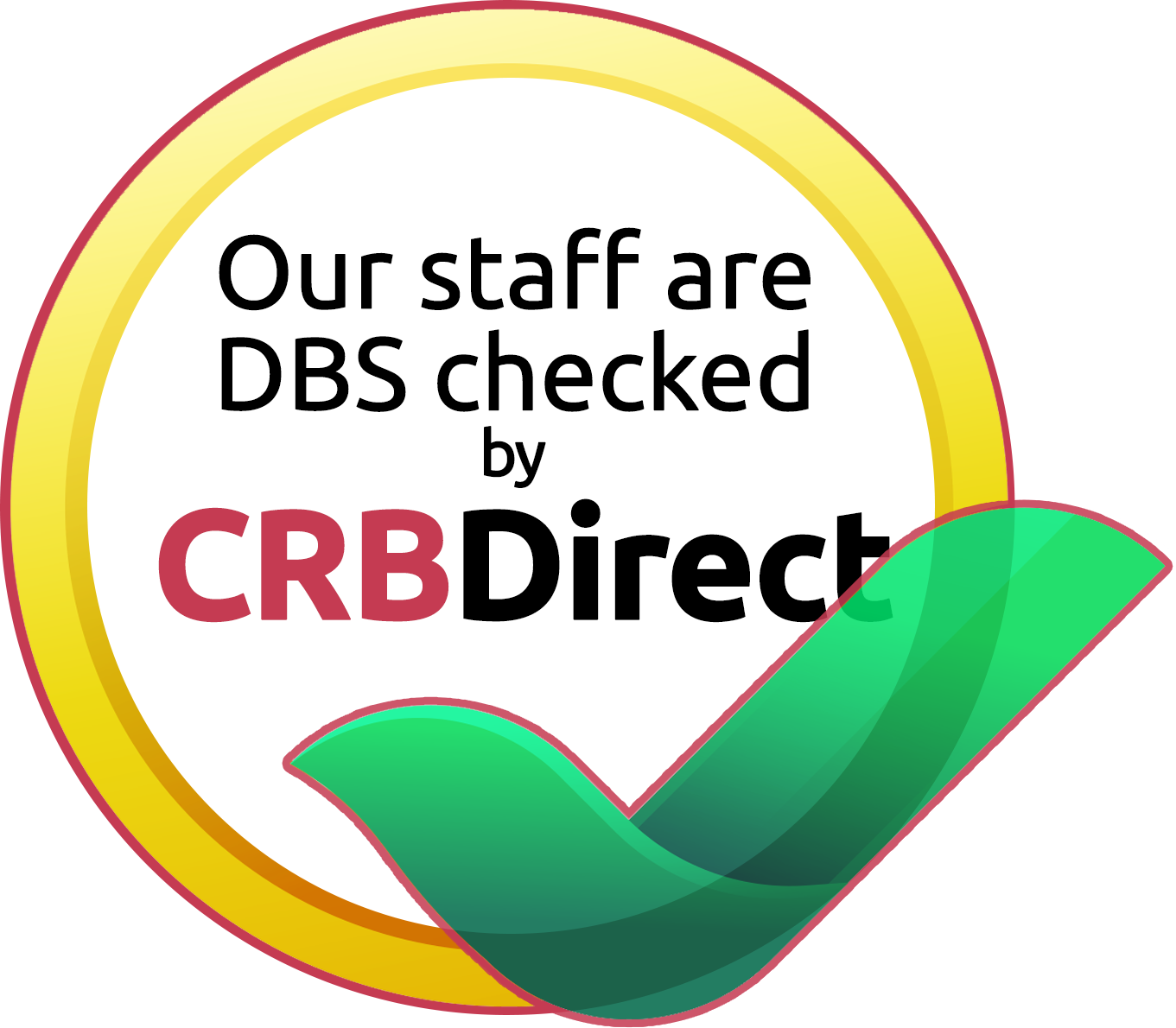
The world has changed considerably in the last couple of months. Around the world, governments are tackling the coronavirus pandemic. We’re all getting used to being at home and forgetting about trips to the cinema or sporting events. There have been huge changes in the world of work too. The government announced a fast-track option for people volunteering to work for the NHS during the crisis. These changes in legislation have had a knock-on effect to other areas of government too. Work to right checks have also been overhauled, and the relaxed rules should make recruitment easier. Although many companies are putting expansion plans on hold, recruitment in some sectors such as care has been ramped up considerably. Here’s everything you need to know about right to work checks.
Right to Work Checks – What are they?
Although there are lots of ways in which the law differs in separate parts of the UK, this is one piece of legislation which is consistent across the UK. That’s because these sorts of checks are part of the immigration system, designed to make it difficult for people in the UK illegally to work. It also applies to people who are in the UK legally, but on the type of visa which doesn’t allow them to take employment. Employers are fined if they are found to be employing illegal workers. There is no set procedure stating how an employer must check if someone’s here legally. However, the easiest way to check is to ask to see passports. A passport is cast-iron proof of identity and nationality.
For most employers, the standard is to ask applicants to bring their passport to interview, then take a copy. If at a later date Home Office inspectors arrive to investigate, they can prove that they took all reasonable steps to establish nationality.
Relaxation of the rules
The new rules are an attempt to strike the balance between stopping illegal workers, yet maintaining social distancing measures. Current advice is that employers must see original passports only. They must also match the appearance of the person applying for the job to the pictures in the passport or other identity documents. That’s obviously tricky with the current rules about social distancing, and when so many people are working from home or over video conference.
On a temporary basis, the Home Office has agreed to relax these rules. Employers can now accept copies of a passport rather than the original. Applicants can take a photo of their passport and text it, scan and email it, or go old-school with a photocopy. Furthermore, employers can also do the identity matching over the internet. Once they have the copy of the identity documents, employers just video call the employee to check the appearance match. It’s an easy way of working round the current restrictions of getting together in person.
Which industries do the right to work checks affect?
These changes apply across the board, to all types of organisation. However, the government recognises that the situation with the coronavirus means that certain sectors are desperate to recruit new staff, and get them working straight away. This applies especially to supermarkets and the care sector. People applying for jobs stacking supermarket shelves can just email a photo of their passport to head office. They can then start work immediately. In the care sector, the right to work check is just part of the vetting process. Many care workers need to apply for a disclosure check as part of the recruitment process. This process has been streamlined too, so that workers can start much more quickly and relieve pressure on the system.
After relaxation ends
One important thing to note from all of this is that the changes are not permanent. This is a temporary measure to try to make things easier for employers and their workers. Once businesses start to trade as usual – whenever that may be – employers will have to retrospectively go through the process. The government has not announced how long the relaxed rules will continue. It seems fair to assume it will be months rather than weeks, however. Keep checking the government website for the latest information and make sure you stay on the right side of the law.

